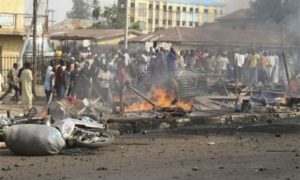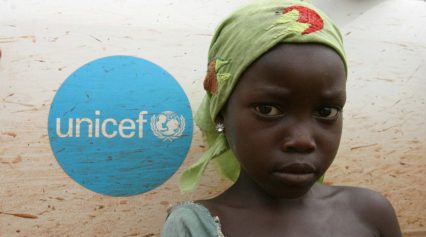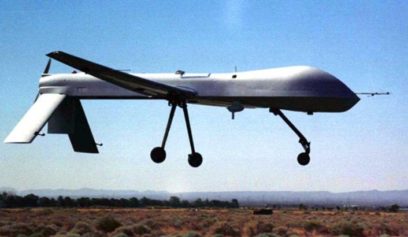
A hospital source, speaking on condition of anonymity, said at least eight dead bodies had been recovered after the blasts in a mosque and areas near the building on the edge of the city center, with many more feared dead and around 50 people injured.
There was no immediate claim of responsibility for the explosions. However, they bore the hallmarks of the Islamist militant group which has waged a six-year insurgency to form a state adhering to strict Islamic laws, a conflict that has killed thousands.
The audio recording, said to be of Boko Haram’s leader, criticized Nigeria’s military for saying it had recaptured villages that had fallen into the group’s hands.
“They have lied about us saying that they have retaken our territories, taken weapons and driven us away,” says the recording posted online on Saturday. “They are actually the ones whom we have driven away. They are all liars.”
Maiduguri, the city hit by Sunday’s triple blast, is the capital of the group’s Borno state birthplace.
“There were three improvised explosive devices explosions at Gomari and Ajilari general area in Maiduguri at about 7:21 p.m. (3:21 p.m. EDT),” said military spokesman Colonel Sani Usman.
“Although details are not clear, it is important to note the attacks signify high level of desperation on the part of the Boko Haram terrorists,” he said.
Suspected members of the group have killed around 800 people in Africa’s most populous nation in a spate of bombings and shootings since President Muhammadu Buhari was inaugurated as president on May 29, vowing to crush the militants.
At the start of 2015 Boko Haram controlled vast swathes of territory across three states in the northeast.
Read more at www.reuters.com


